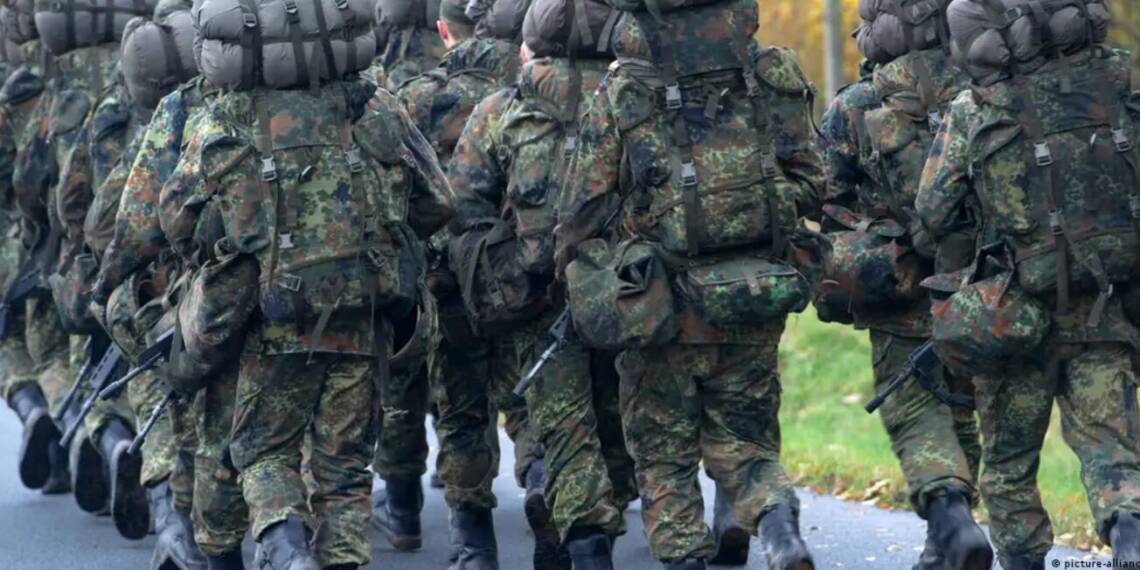NATO was established as a counterbalance to the Soviet Union, with the West German army trained specifically to defend against eastern threats. In the contemporary context, this threat reemerges from Moscow.
In early 1996, German soldiers, donning combat gear, entered another European nation for the first time since World War II. Their mission in Bosnia-Herzegovina was under NATO’s Implementation Force (IFOR), not as UN peacekeepers, but to enforce peace following the Dayton Agreement signed in December 1995. This agreement aimed to end the conflict that had erupted in 1992, led by the ethnic Serb minority in Bosnia with backing from Serbian leader Slobodan Milosevic. NATO established IFOR, later succeeded by the Stabilization Force (SFOR), to uphold the ceasefire and foster stability.
The German Bundeswehr faced significant challenges in Bosnia-Herzegovina due to inadequate preparation for “out of area” operations. The terrain and infrastructure required adaptation, such as road widening for heavy military equipment. During the Cold War, the Bundeswehr, integrated into NATO in 1955, was primarily tasked with defending against Warsaw Pact countries, including East Germany, which housed half a million Soviet troops and a substantial National People’s Army (NVA).
NATO exercises often simulated eastern attacks, focusing on defense with tanks and air support, mainly in northern Germany. This preparation was aimed at countering potential Soviet aggression, establishing air dominance with significant support from the US, NATO’s largest member.
Post-Cold War, the Bundeswehr’s size has drastically reduced. From a peak of nearly 500,000 troops between 1958 and 1972, numbers dwindled to about 200,000 two decades later, and further to 181,000 by 2023. A limited segment of these soldiers are trained for NATO combat missions.
The role of the Bundeswehr evolved after the 9/11 attacks. Germany joined the US-led coalition in Afghanistan, shifting its focus to rapidly deployable units. However, a significant change occurred with the Zeitenwende, or “turning point,” as articulated by Chancellor Olaf Scholz following Russia’s invasion of Ukraine in 2022. This marked a renewed emphasis on preparedness for widespread land conflicts in Europe, a stark contrast to the previous three decades.
Historically, the US has been NATO’s cornerstone, investing heavily in its military presence in Europe, with over 100,000 personnel still stationed there. However, this protection is uncertain, particularly if Donald Trump, who has criticized NATO allies for insufficient defense spending, were to return to the presidency.
Germany’s potential leadership within NATO is under scrutiny. Chancellor Scholz, in June 2023, stressed that the Bundeswehr must evolve into a “guarantor of conventional defense in Europe.” Yet, current deficiencies in personnel, equipment, and capabilities hinder this goal. Defense Minister Boris Pistorius emphasized the need for the Bundeswehr to become “war ready,” aligning with analysts’ warnings of a possible Russian attack on NATO territory within five years.
NATO’s strategy now focuses on reinforcing its deterrence capabilities against Russian aggression, reminiscent of Cold War policies. This involves ensuring that NATO can present a formidable defense, much like it did during the four decades of tension with the Soviet Union.








